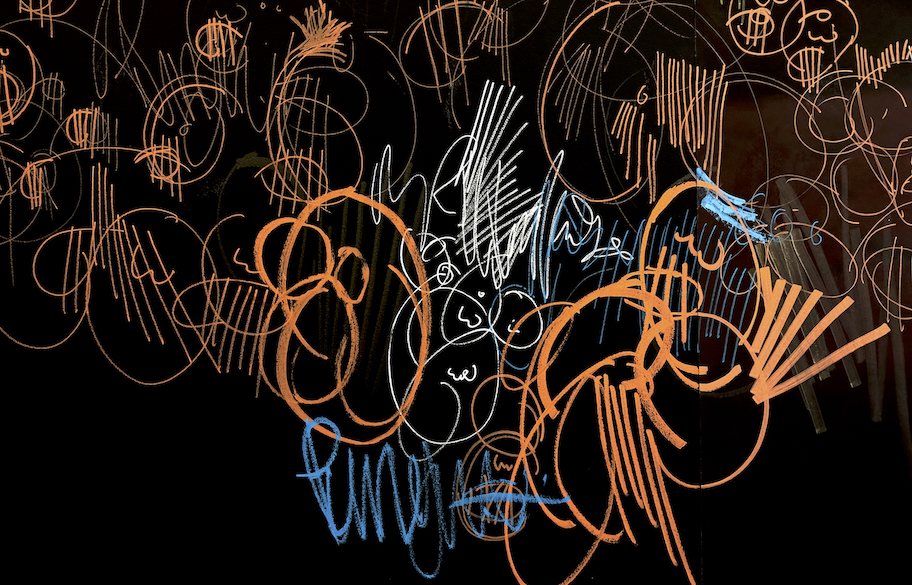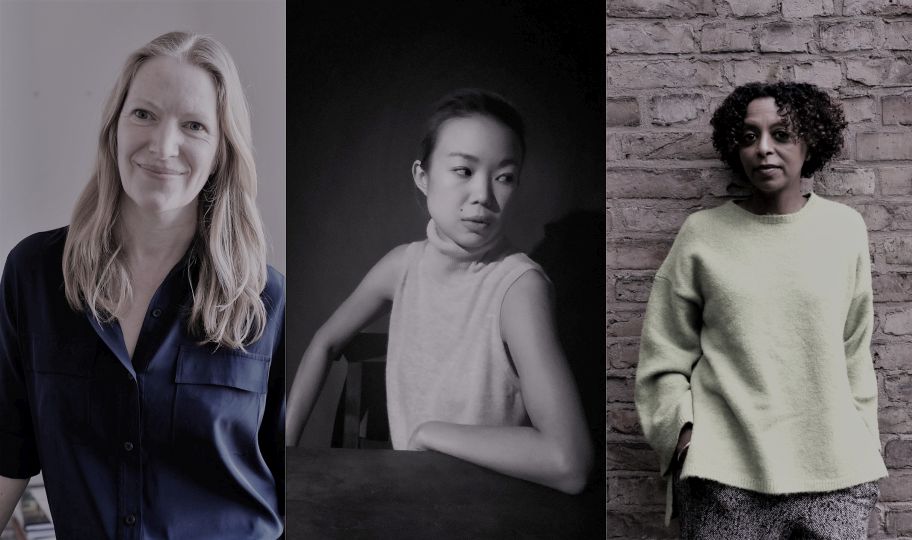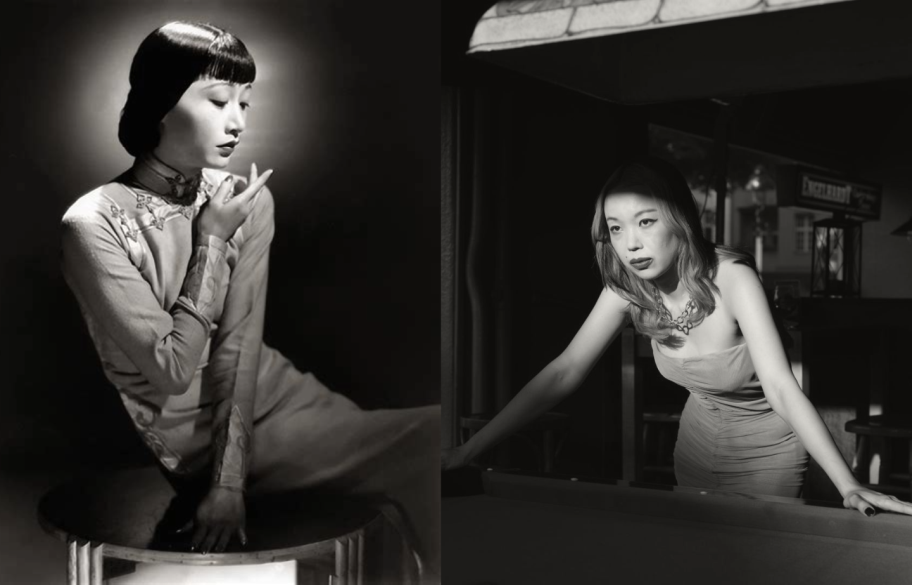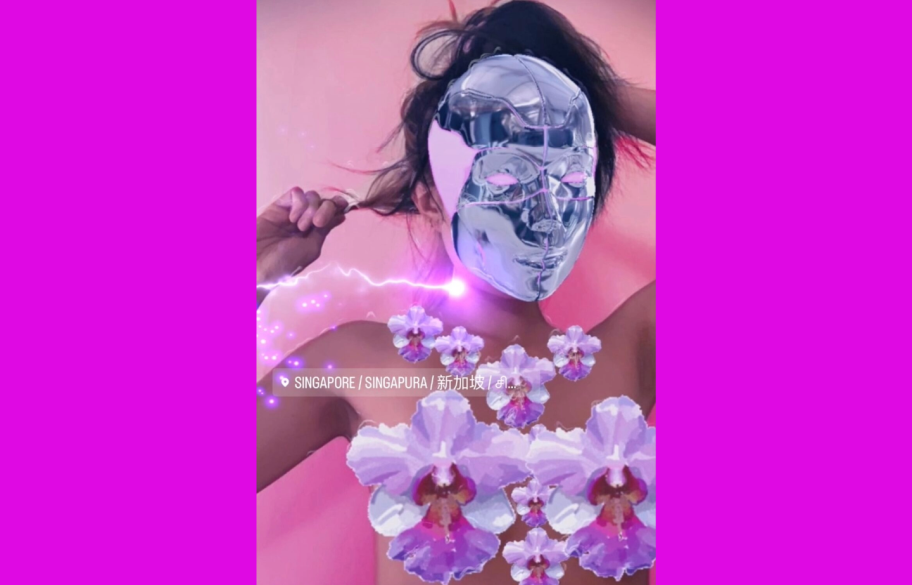Singapore, Literature, 2023
Amanda
Lee Koe
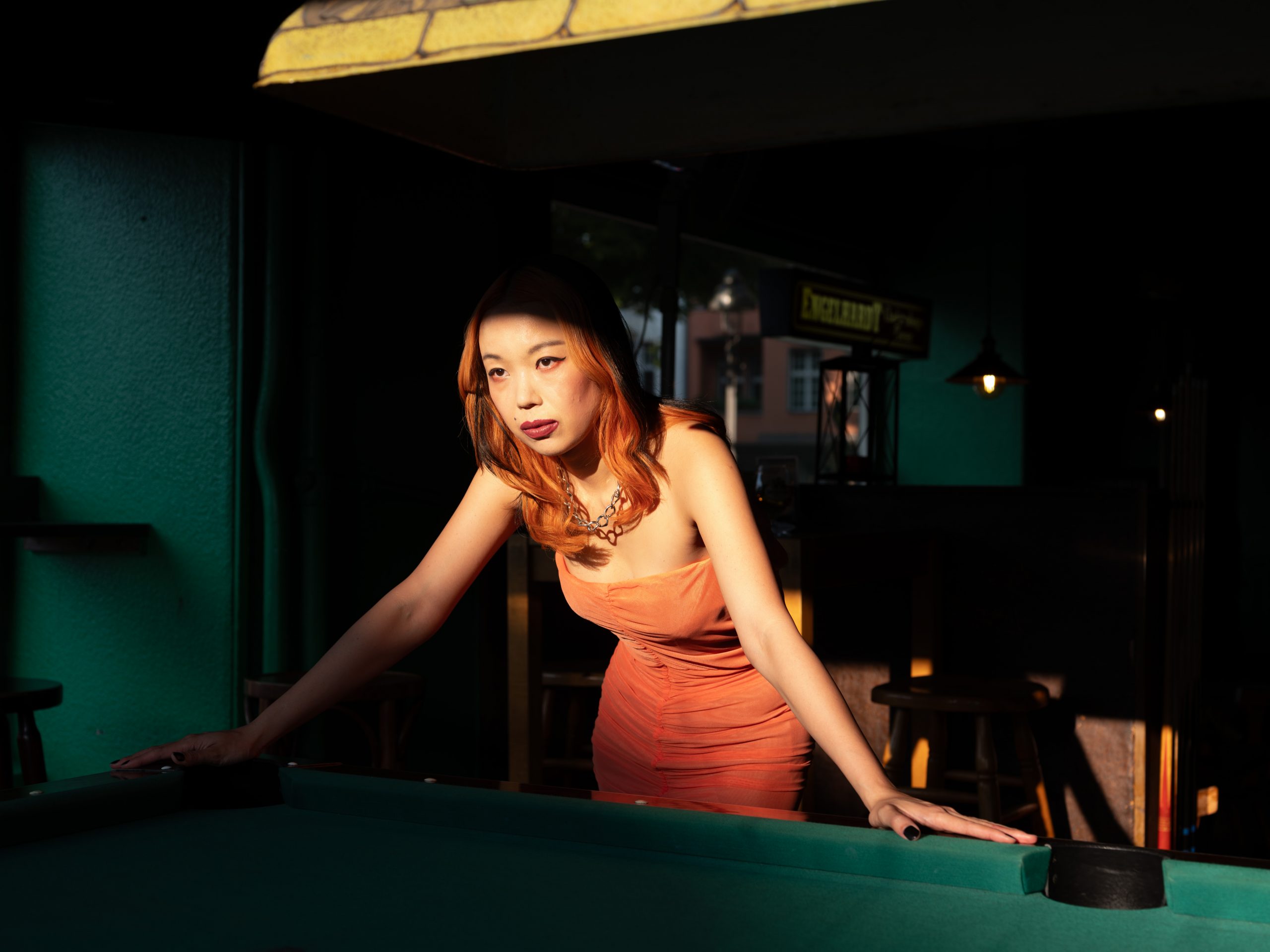
In one of Amanda Lee Koe’s often achingly sad and consistently original stories there’s the declaration that “loneliness is freedom.” It’s the final sentence of a story titled Love is no Big Truth, in which a woman tells of her bleak marriage – a woman who knows little of the world beyond her favorite films in her DVD collection, whose cases she dusts every day. Loneliness as supposed freedom is of course a sad realization to have. In the stories of Amanda Lee Koe, born in 1988, loneliness is often also a salvation, a liberation for her characters who live in small, in-between realms in the metropolis of Singapore, away from the glaringly bright cityscapes of sky-high glass and neon-tube worlds, beyond the official image the country paints of itself. Stories from the margins and shadows, which are often love stories too.
When Lee Koe’s short-story collection, Ministry of Moral Panic, was released in 2013, readers were suddenly confronted with a Singapore of a different literary dimension. A city of outsiders and misfits, inhabited by witches, disfigured women, unwell folk singers, transsexuals, fugitives, living lucky-cat figures, and mythical fish creatures; people of various religions and ethnicities, in laundromats and Edward Hopper-esque bars. Lee Koe’s stories are about a woman wanting nothing more than a man to marry her with a ninety-nine cent ring. They are about how to sing when your heart is tied-up in dead knots. In 2014, she received the Singapore Literature Prize for her stories, becoming the youngest person ever to win the award. She was twenty-six. Despite their melancholy, these stories, in their constellations and narrative perspectives, retain a gentle humor, and a joy in surprise, in a rapid pace, in the unforeseen.
In her debut novel, Delayed Rays of a Star (2019, German edition: Die letzten Strahlen eines Sterns, trans. by Zoë Beck, CultureBooks, 2022), an episodic history of various Hollywood eras, Amanda Lee Koe, now living in New York, also reveals herself to be a witty, laconic author. The main roles are played by Marlene Dietrich, Leni Riefenstahl, and Anna May Wong, encountering various figures of their time. This book is an excellently researched, playful but credible form of historical novel. But Lee Koe also subtly unfolds a history of exploitation, oppression, and discrimination and the moral complexities of culpability, without her characters merely becoming illustrations of these themes. There is a specialness to Amanda Lee Koe’s narrative temperament. That this author now has the opportunity to further develop her craft in Berlin is also very fortunate for current global contemporary literature.
Text: David Hugendick
Translation: Erik Smith


